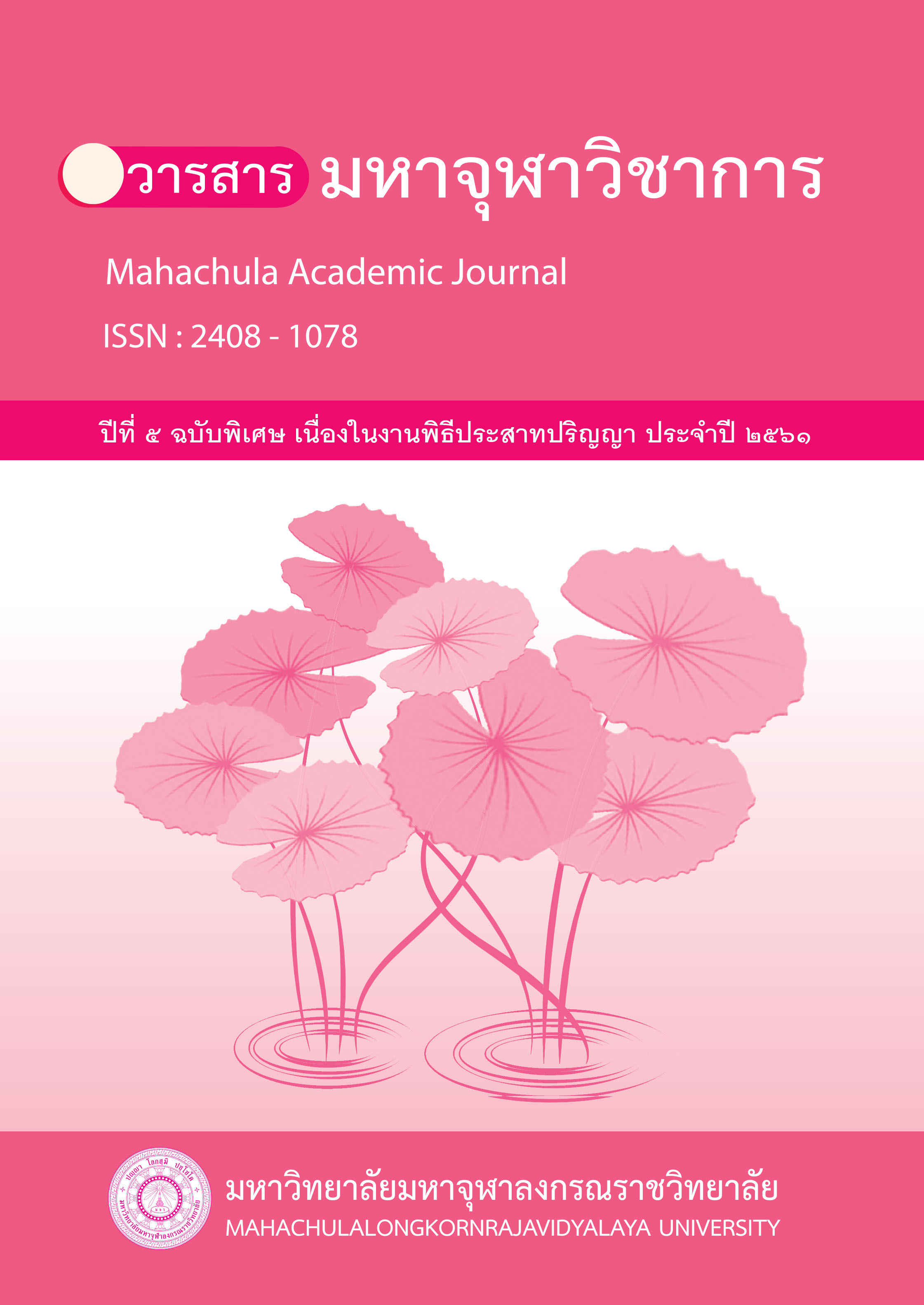Criteria for Considering Good and Bad Conducts in Buddhism
Main Article Content
Abstract
This academic paper aims to present the criteria for considering the good and bad conduct in Buddhism. Based on the study, there are two criteria for considering the good and bad conducts in Buddhism: (1) the main criteria are: 1) inner intention driving to perform good deeds or bad deeds; 2) wholesomeness or unwholesomeness; 3) merit, the mental purifier and demerit, the mental contaminator; 4) wholesome or unwholesome course of action; 5) the Five Precepts; (2) the sub-criteria based on a diversity of human manners consists of 1) mental dhamma, knowing dhammas of wholesomeness and unwholesomeness and what ought to do and what ought not to do and 2) the expert qualification: knowledge, wisdom, intelligence which are the supporter for reasonably considering the conducts and undesirable behaviors that happen in the society.


